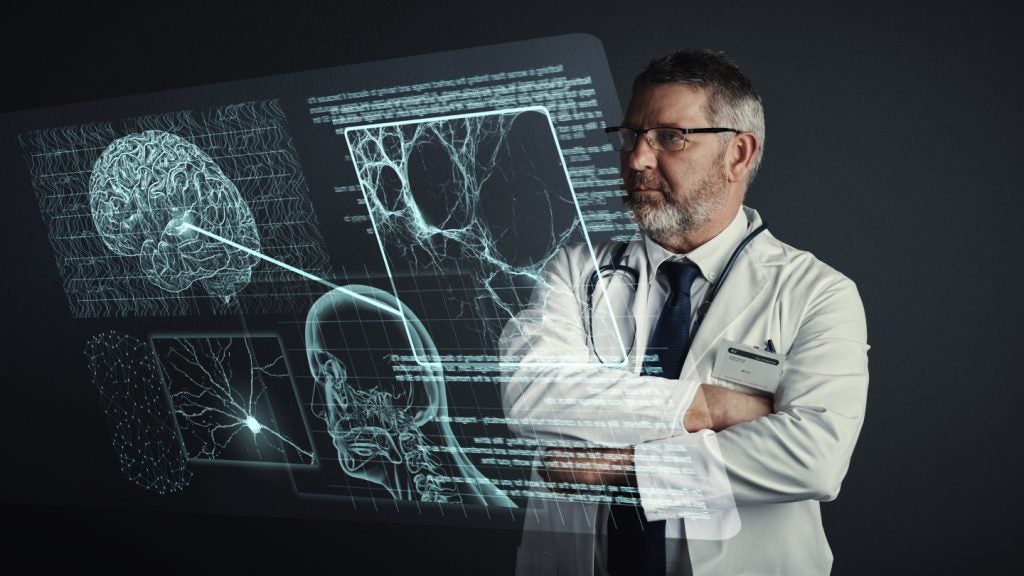
Concept: Kolkata healthcare startup CareNow Healthcare has unveiled a new AI-enabled mobile application ‘CarePlix Vitals’ that can measure a patient’s SpO2 (oxygen saturation) levels, heart rate, and respiratory levels using a smartphone. The startup aims to replace dependency on oximeters to monitor health vitals amid the COVID-19 crisis.
Nature of Disruption: The CarePlix Vitals is a registration-based app available for both Android and iOs users. Its functionality is initiated when the concerned individuals place their fingers on the rear camera and flashlight of their smartphone to detect the relevant vitals and display them on the screen. It uses photoplethysmography (PPG) technology like that of pulse oximeters or smartwatches and other digital wearables. The only difference is that oximeters use infrared sensors whereas the same role is played by the flashlight in the case of the CarePlix Vitals app. When users place their fingers over the rear camera and flashlight for about 40 seconds, the difference of light intensity is calculated, and a PPG graph is plotted on that account. Based on the graph, values of the SpO2 levels, respiratory levels, and pulse rates are achieved. What is more, the app leverages AI to identify the pressure imposed by the finger as the stronger the pressure of the finger, the more accurate is the result. The data derived can be stored in the cloud for future reference.
Outlook: Oximeters have evolved to be crucial devices for households to measure oxygen concentration, pulse rate, and respiratory levels in the wake of the COVID-19 pandemic. But with the sudden surge in demand, the prices have increased considerably and often resulted in shortages. Against the backdrop, the launch of CarePlix Vitals can be instrumental in providing feasibility and reduce panic during the crisis, given it replaces hardware requirements to measure SpO2 in the comfort of the home. It can also be useful in the early identification of symptoms of cardiovascular ailments to prevent fatalities. A clinical trial of the application was conducted with 1200 patients in the Seth Sukhlal Karnani Memorial Hospital, Kolkata, where the accuracy, as stated, was 96% for heart rates and 98% for SpO2 levels.
This article was originally published in Verdict.co.uk





